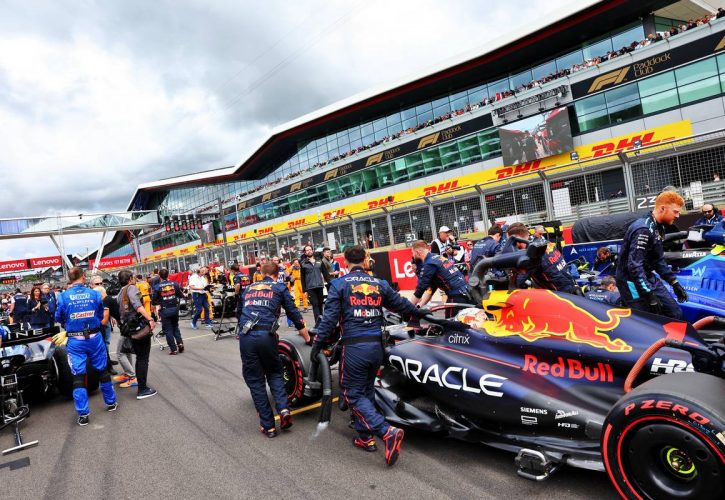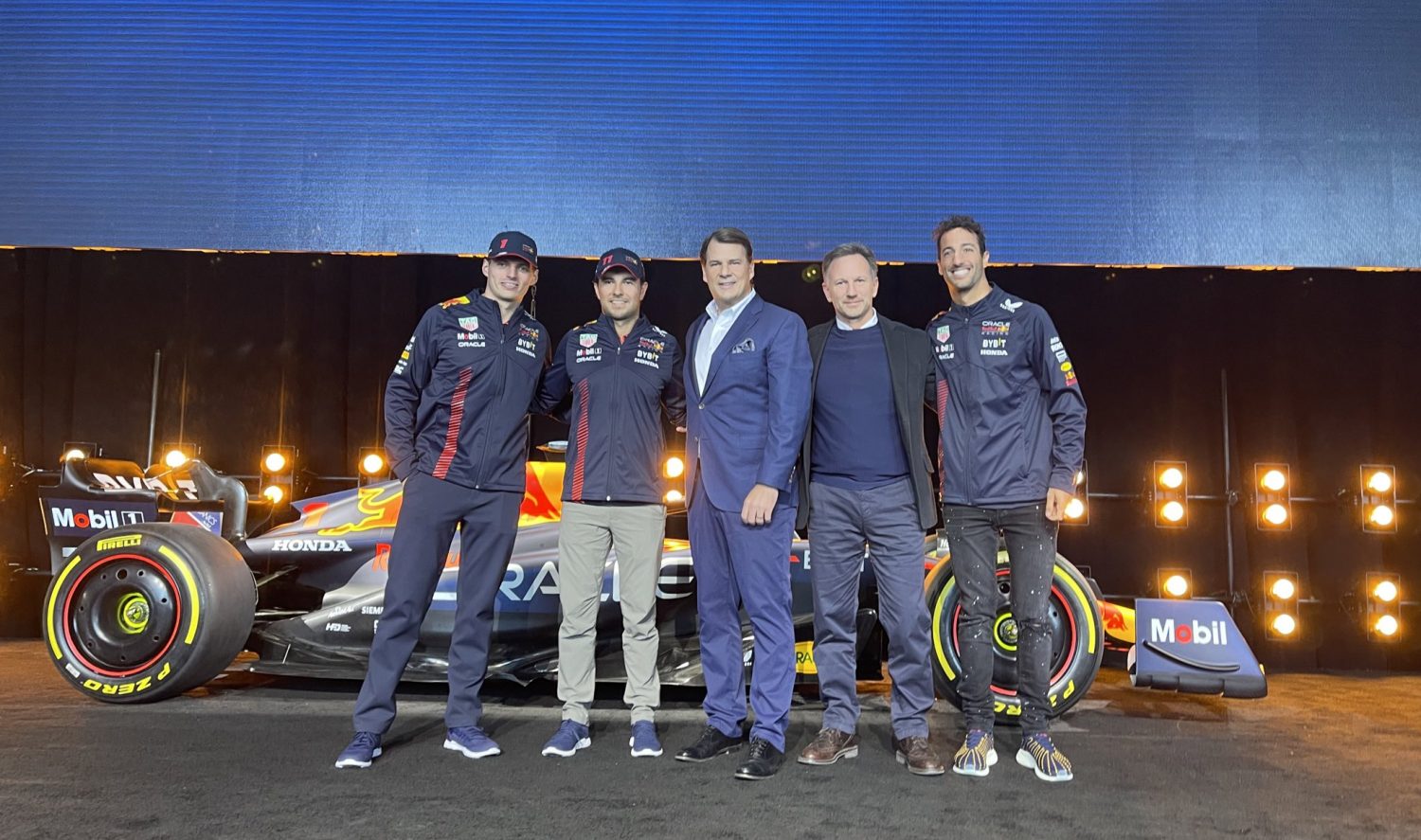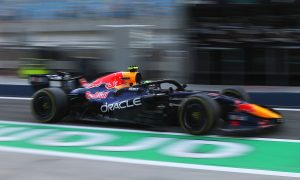
Red Bull's new engine partnership with Ford will receive only partial new engine supplier status for 2026, it's been reported in the media this week.
Red Bull and sister team AlphaTauri currently use legacy power units supplied by Honda, but that arrangement is set to end in 2026 when the engine regulations are overhauled.
Subsequently, both Red Bull and AlphaTauri will be powered by units developed by Red Bull Powertrains (RBPT) which will receive input from Ford, assisting with battery and hybrid technology among other technical aspects.
As part of the welcome package encouraging new manufacturers like Audi to enter F1, new entrants are to be allowed extra spending power and dyno time relative to established suppliers.
New manufacturers will be able to spend an extra $10m in each of 2023 and 2024, and $5m in 2025, within the areas covered by the cost cap. There will also be an extra $15m allowance in capital expenditure over the same three year period.
But the 'newcomer' status of RBPT has been challenged by rival teams including Ferrari because of its current involvement with the Honda engines, according to Motorsport.com and other media sources.
Red Bull team principal Christian Horner insists that the new RBPT business is a separate entity with minimal links to Honda, and limited access to the Japanese automotive giant's intellectual property.
However RBPT does assemble battery packs for the existing Honda engine, meaning that they are deemed to have prior knowledge of aspects of the Energy Recovery System (ERS) technology.

The 2026 regulations contain a stipulation for suppliers that do not meet the conditions to be new entrants to be granted "partial new PU manufacturer status" instead.
The regulations state that this "will give rise to a reduction of the additional rights accorded to new PU manufacturers by the technical, sporting and financial regulations."
It would mean that RBPT might receive only 90 per cent of the extra benefits for new suppliers, losing $1 million of the spending allowance in 2023 and 2024 and $500,000 in 2025, together with $1.5m of the capital expenditure allowance.
But the sporting and technical regulations criteria for dyno time are calculated differently, and not thought to be affected.
Red Bull has already been penalised with a 10 per cent reduction in aerodynamic testing allowance for the next 12 months as a result of exceeding F1's new budget cap in 2021 by $1.6 million, and was additionally fined $7 million.
Team principal Christian Horner said the FIA found 13 discrepancies in an audit of over 75,000 line items on Red Bull's 2021 financial return and called the penalty "draconian".
Gallery: The beautiful wives and girlfriends of F1 drivers
Keep up to date with all the F1 news via Facebook and Twitter






